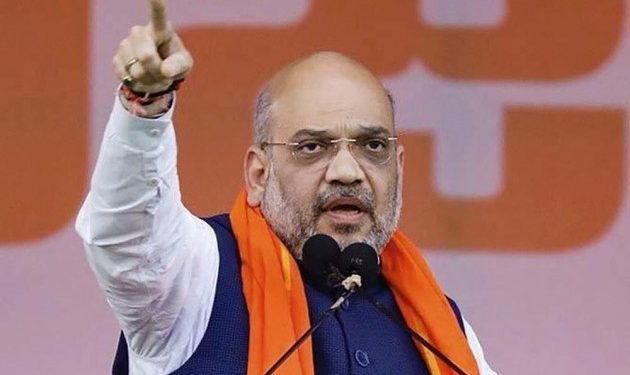Union Home Minister Amit Shah branding the political leaders of Jammu and Kashmir ‘Gupkar gang’ has raised quite a few eyebrows. In a string of tweets, Shah said the Gupkar alliance, a coalition of political parties in J&K, is a ‘global gathbandhan against national interest.’
Though Shah’s comments drew sharp reactions from Kashmir politicians and several others, one is left to wonder should the Home Minister be using terms like Gupkar gang?
For BJP this has become a new normal. The cringe-worthy pejorative political catchphrases like ‘tukde tukde’ gang, ‘urban Naxal’ and ‘love Jihad’ have helped the party to whip up a hyper-nationalist narrative it wants to drill in to divert the attention from real issues of unemployment, economic crisis and terrible diplomatic faux pas that have dangerously isolated India on the global stage.
It’s no wonder that political discourse has sunk to a new low in recent years with Indian politicians from across the spectrum making sometimes abusive and disparaging comments against their rivals. Mark Twain had once said, “The difference between the almost-right word and the right word is really a large matter — it’s the difference between the lightning bug and the lightning.” Forget almost-right words, political leaders in the country have become masters of using all the wrong words, and the trend has deteriorated the standard of public discourse.
It behoves all to maintain a certain amount of decency and decorum in political discourse when it comes to criticizing opponents. Name calling and comments have become the new normal and are so normal to hear such remarks from politicians that it hardly causes a stir among people anymore. Use of unsavory language and poor rhetoric against political opponents goes against the basic tenet of democracy.







































